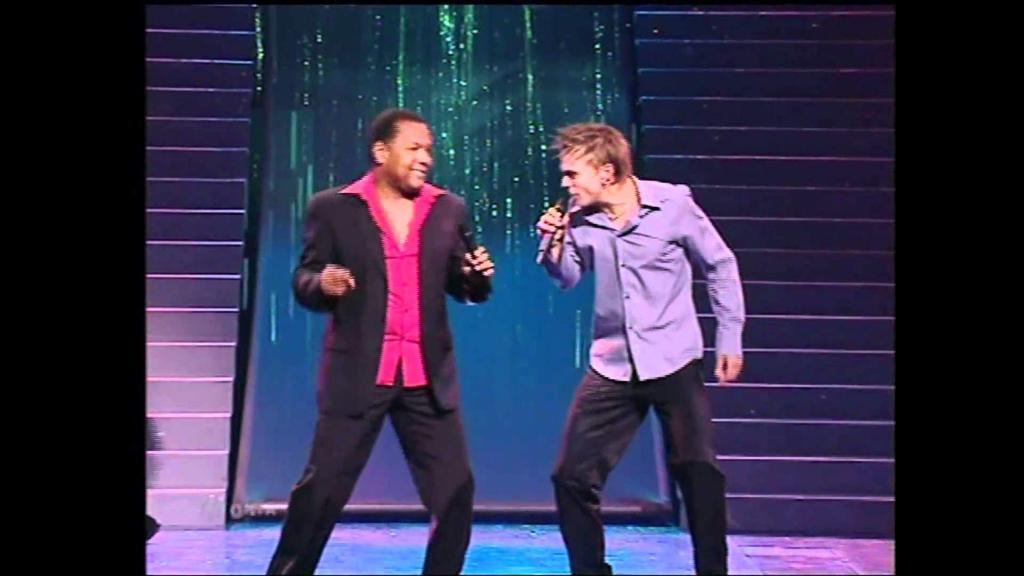For anyone who has had even the most rudimentary training in the musical arts or who enjoys high-quality music, the Eurovision Song Contest is something to be avoided at all costs. But to others it’s something of a yearly Olympics – if forgettable pop music were an Olympic sport.
The Eurovision Song Contest began with the noblest intentions. It came about in 1956 – the year the Treaty of Rome was ratified – and was something of a musical equivalent of the European Economic Community. The idea was to use music to bind nations who just over a decade earlier were engaged in war. Originally there were only seven, all western European, nations involved in the contest whereas today the contest includes countries well outside the borders of Europe.
Occasionally the contest has either produced or been the showcase of internationally renowned stars. Britain’s Lulu won the contest in 1969 with “Boom Bang A Bang”, leading much of Europe to question whether she was singing about sex or nuclear war. Most famously, ABBA burst onto the world stage in the 1974 competition with “Waterloo”, becoming Sweden’s biggest export after Volvo.
Estonia takes the contest seriously
Estonia’s first year in the contest was shortly after re-independence in 1994 and for much of Estonia’s time in the contest, the country has finished in the top 10, winning the contest in 2001. It is unsurprising that many in Estonia take the contest more seriously than in other countries. Estonia has the richest folk and classical choral tradition in the world, so an international singing contest would seem the right place to show off Estonia’s most treasured art form – vocal music.
It’s something of a pity then that the contest is usually comprised of inexperienced pop star wannabes whose singing is often far-far below the standards of the Estonian choral tradition. That being said, some notable Estonian vocalists have done well in the contest, including Maarja Liis-Ilus and Eda-Ines Etti.
Of course, many acts whose style is rather different than vocal pop have entered the contest, some with success, including Finnish heavy metal band Lordi. In 2013, Estonian metal band Winny Puhh attempted to repeat Lordi’s success, although the established vocalist Birgit Õigemeel ended up beating the exotically dressed rockers in the selection process to pick the representative for Estonia.
Estonia’s love of the Eurovision contest, however, may be explained by something other than the famed choral and vocal tradition. Much like the UN General Assembly, all Eurovision countries are given equal time and there is no exclusive “singing security council” to veto any member state whose songs threaten global security. Estonia has one of the smallest populations among the participating members and thus, it would seem natural that Estonians are keen to display their vocal talents before a wide multinational audience.
Estonia takes the contest seriously and this is demonstrated by the fact that Estonia typically selects either established serious artists or serious up-and-coming artists to participate in the contest, where other countries might select comic or novelty acts, death metal bands whose style is consciously out of touch with the contest’s pop ethos or, as Britain recently did, dig out ageing millionaires – the likes of Andrew Lloyd Webber and Engelbert Humperdinck (the English crooner, not the dead German composer).
Occasionally a subtly political song is allowed to slip through, as Israel’s 2007 entry “Push The Button” demonstrates, but for Estonia singing is far too important to be used to deliver a political message. Generally the songs are about love and other similar emotions. There is no sign that in next year’s contest Kerli Kõiv will burst on stage singing a song about the difficulties of having a grey passport, although there might always be a slight chance that Arvo Pärt will compose a three-minute oratorio on the advantages of Estonia’s flat tax for entrepreneurs in the IT industry.
Important to remember that art is not sport
But perhaps this is why Estonia’s Eurovision love seems somewhat strange to the outside world. Estonia takes the contest more seriously than the contest takes itself. To many Estonians, a singing contest of any kind conjures images of the deeply beautiful Laulupidu (Estonian Song Festival – editor) whereas in much of the world outside of Estonia the Eurovision conjures images of tight skirts on men who look like Demis Roussos and sing like a drunken tourist at a South Korean karaoke lounge.
It is important to remember that art is not sport. Sport necessarily breeds healthy competition, but in art there can never truly be competition. Art is all about cooperation and collaboration, a lesson which might do all countries more good than yet another flag-waving festival of “singoism”. Whether or not Estonia does well this year or not, it is an Estonian who is the world’s most listened contemporary composer and no other country in the world holds a song festival where over half the population of the country gathers to sing and does that well. These are things Estonia can rightly be proud of.
I
Cover: Dave Benton and Tanel Padar singing the Estonian 2001 Eurovision winner, “Everybody” (YouTube).

